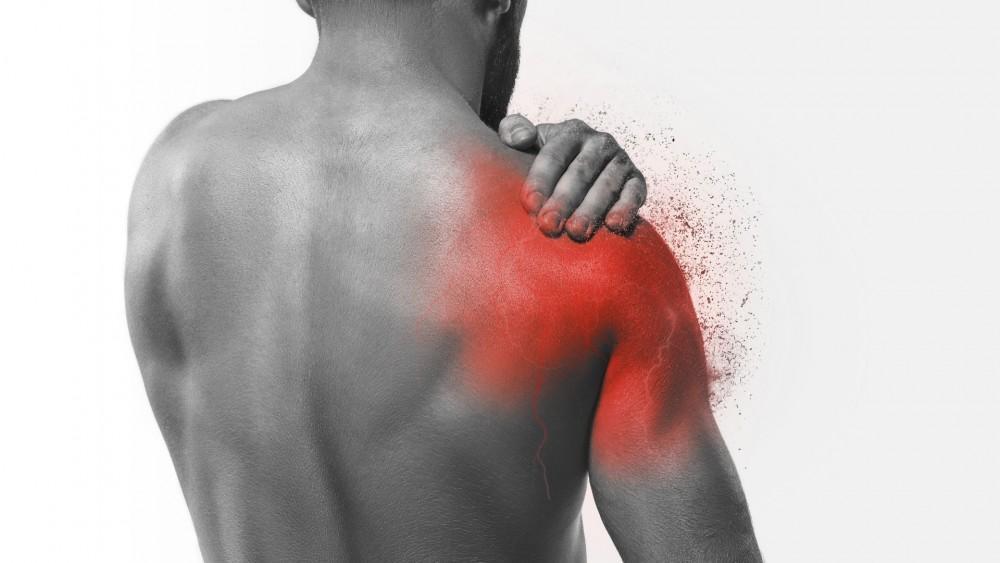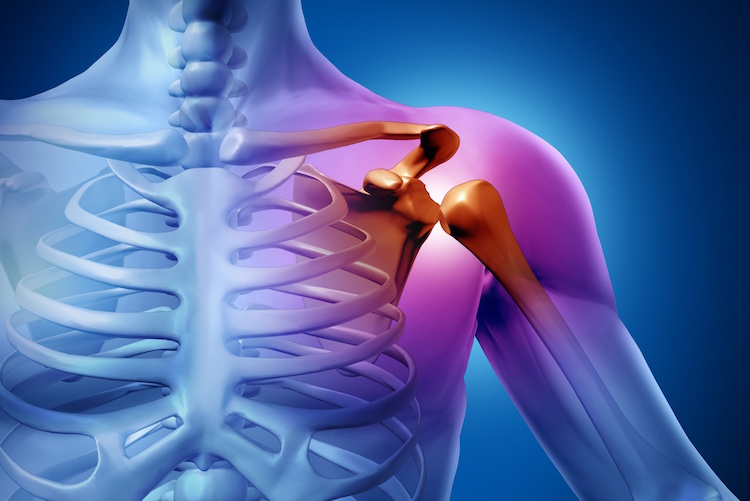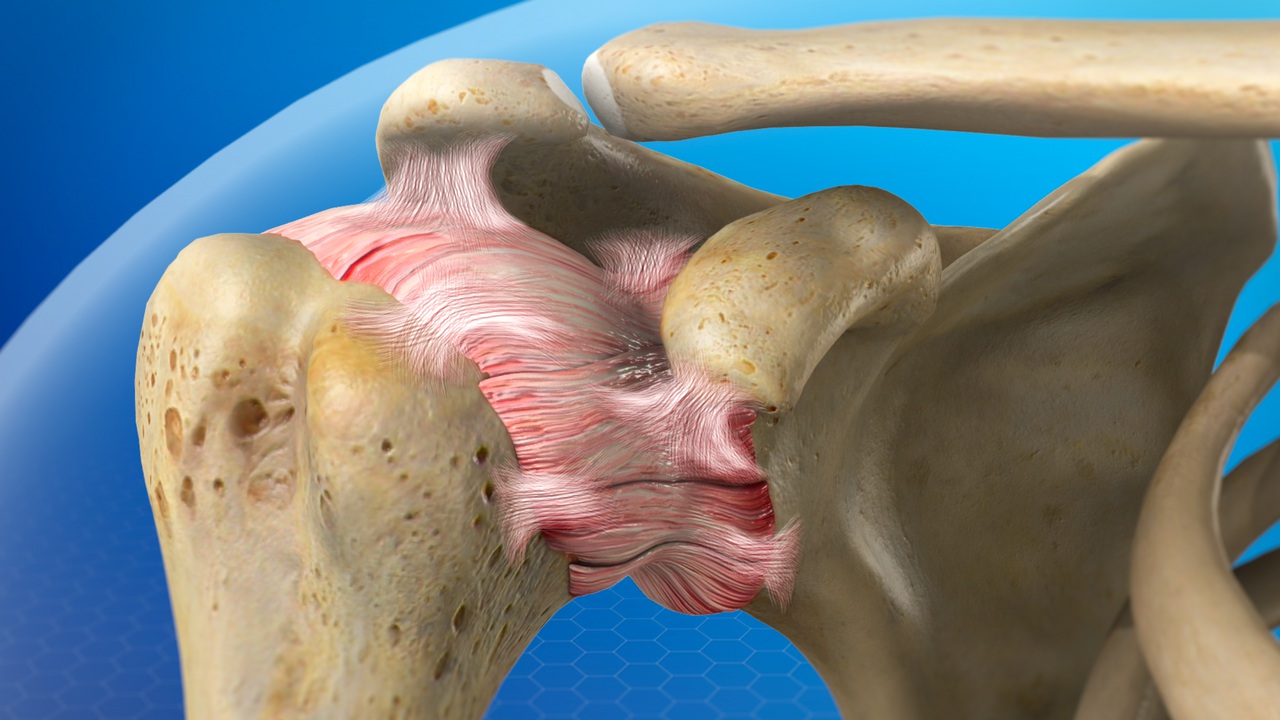- +91 96000 77403
-
admin@orthoderm.org
Frozen Shoulder
What it is?
Frozen shoulder, also known as adhesive capsulitis, is a condition that causes pain and stiffness in the shoulder joint. It typically develops gradually and worsens over time.



Causes
The exact cause of frozen shoulder is unknown, but it often occurs after a period of shoulder immobilization, such as after an injury, surgery, or prolonged restriction of movement. It can also be associated with certain medical conditions, such as diabetes or thyroid disorders.
Symptoms
The symptoms of a frozen shoulder typically progress through three stages:
- Freezing stage: This stage is characterized by increasing pain and stiffness in the shoulder joint. The range of motion may become limited, and everyday activities may become difficult.
- Frozen stage: In this stage, pain may decrease, but stiffness and limited range of motion persist. The shoulder may feel “frozen” and movement becomes more difficult.
- Thawing stage: During this stage, the range of motion slowly starts to improve, and pain gradually subsides. Full recovery may take several months or even years.
Diagnosis
Treatment for frozen shoulder typically involves a combination of pain management, physical therapy, and home exercises. Pain relievers, such as nonsteroidal anti-inflammatory drugs (NSAIDs), may be prescribed to reduce pain and inflammation. Physical therapy helps improve range of motion and strengthen the muscles around the shoulder joint. Home exercises, guided by a physical therapist, are crucial to maintaining and improving shoulder mobility.
It should be stressed that main treatment is always physiotherapist/ exercises, but because of pain many patients are not comfortable in doing exercises. Therefore in many cases, corticosteroid injections is required to relieve the pain and hence patient can do daily exercises. Improvement after injection is prompt but short lived and patient should focus on physiotherapy for long term improvements. Shoulder manipulation under anesthesia (MUA) may rarely be recommended to relieve pain and improve range of motion. Surgery is generally considered as a last resort and is only necessary in severe cases that do not respond to other treatments.
Conclusion
It is important to consult a healthcare professional if you experience shoulder pain and stiffness to receive an accurate diagnosis and appropriate treatment.
Consult Our Expert Doctor Dr. Chinna Durai S
MBBS, Diploma in Orthopaedics, DNB - Orthopedics/ Orthopedic Surgery Joint Replacement Surgeon, Spine Surgeon (Ortho), Orthopedic surgeon
Contact Info
Call Now
+91 78100 53429
Mail Now
cvsmultispecialityclinic@gmail.com
Address
Bus stop, No.5, 1st floor, Medavakkam Main road, Post, near Veeramani nagar, Nanmangalam, Kovilambakkam, Chennai, Tamil Nadu 600129.